Water affinity in dogs varies significantly from breed to breed, with some reveling in every opportunity to swim and others avoiding water as much as possible. This disparity often stems from the historical purposes for which different breeds were developed, as well as their physical characteristics and temperaments. Breeds that love water are usually those with histories as retrievers, water rescue dogs, or hunters in marshy areas, possessing coats and body structures adapted to swimming. Conversely, breeds that dislike getting wet often have coats ill-suited for swimming or body structures that make swimming difficult or uncomfortable. This article explores seven dog breeds known for their love of water and five breeds typically averse to it, providing insights into their behaviors and preferences related to water activities.
Water Lovers
1. Labrador Retriever
Labrador Retrievers are synonymous with water activities, having been originally bred to help fishermen retrieve nets and catch fish that escaped from fishing lines. Their water-resistant double coats and unique tail, often referred to as an “otter tail,” which acts as a powerful rudder, make them excellent swimmers. Labs have a natural love for water and are enthusiastic about activities such as swimming, water retrieval, and even dock jumping. Their strong build and high energy also make them ideal candidates for water rescue operations.
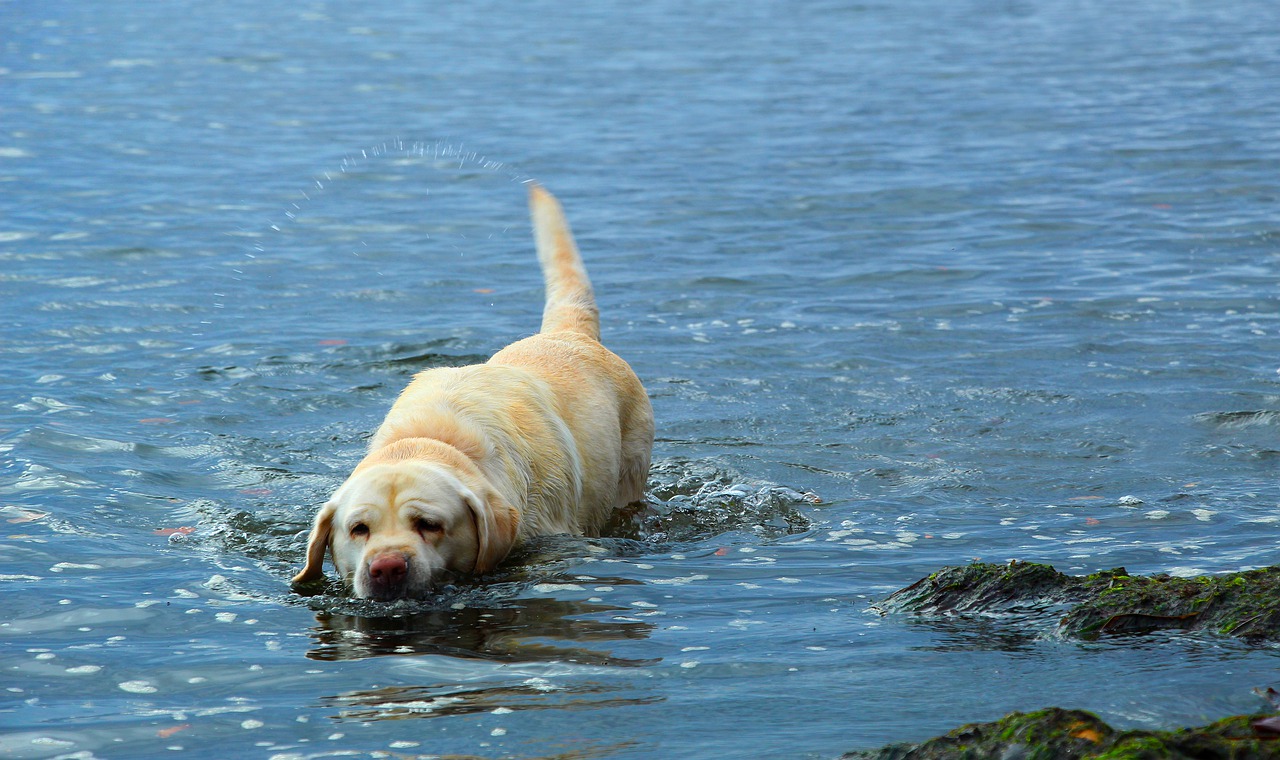
2. Golden Retriever
Like their Labrador cousins, Golden Retrievers have a storied history involving water tasks, specifically retrieving waterfowl during hunting. This breed possesses a dense, water-repellent outer coat and an efficient swimming style, making them natural swimmers. Golden Retrievers are often seen eagerly jumping into bodies of water, and their friendly, obedient nature makes them great companions for family outings to the beach or lake.
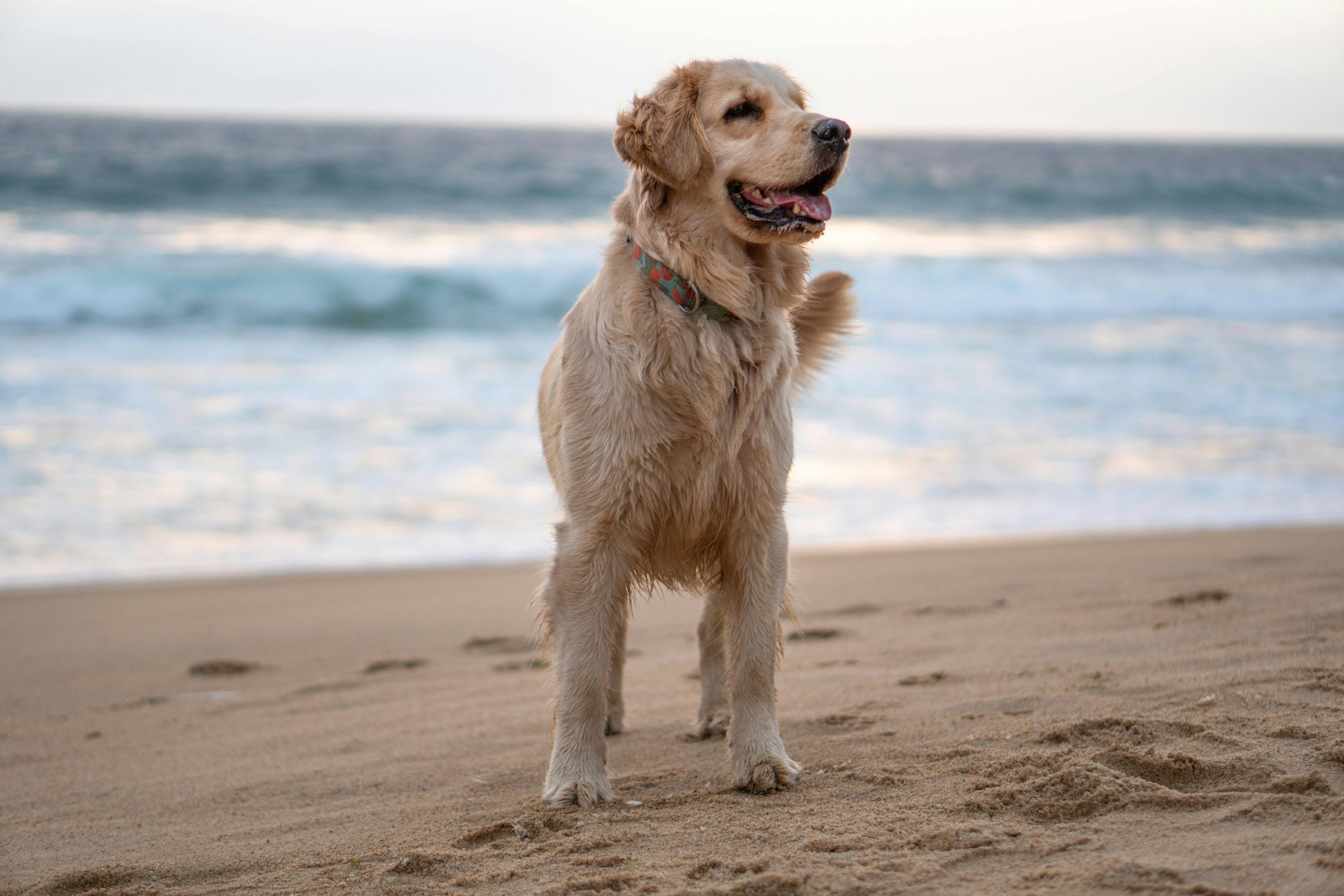
3. Portuguese Water Dog
True to their name, Portuguese Water Dogs were bred to assist fishermen in Portugal, performing tasks such as herding fish into nets, retrieving lost gear, and acting as couriers from ship to shore. They have waterproof coats and webbed feet, ideal for swimming. Their robust, muscular build helps them maneuver effectively in water, making them excellent swimmers and divers known for their stamina and strength in aquatic environments.
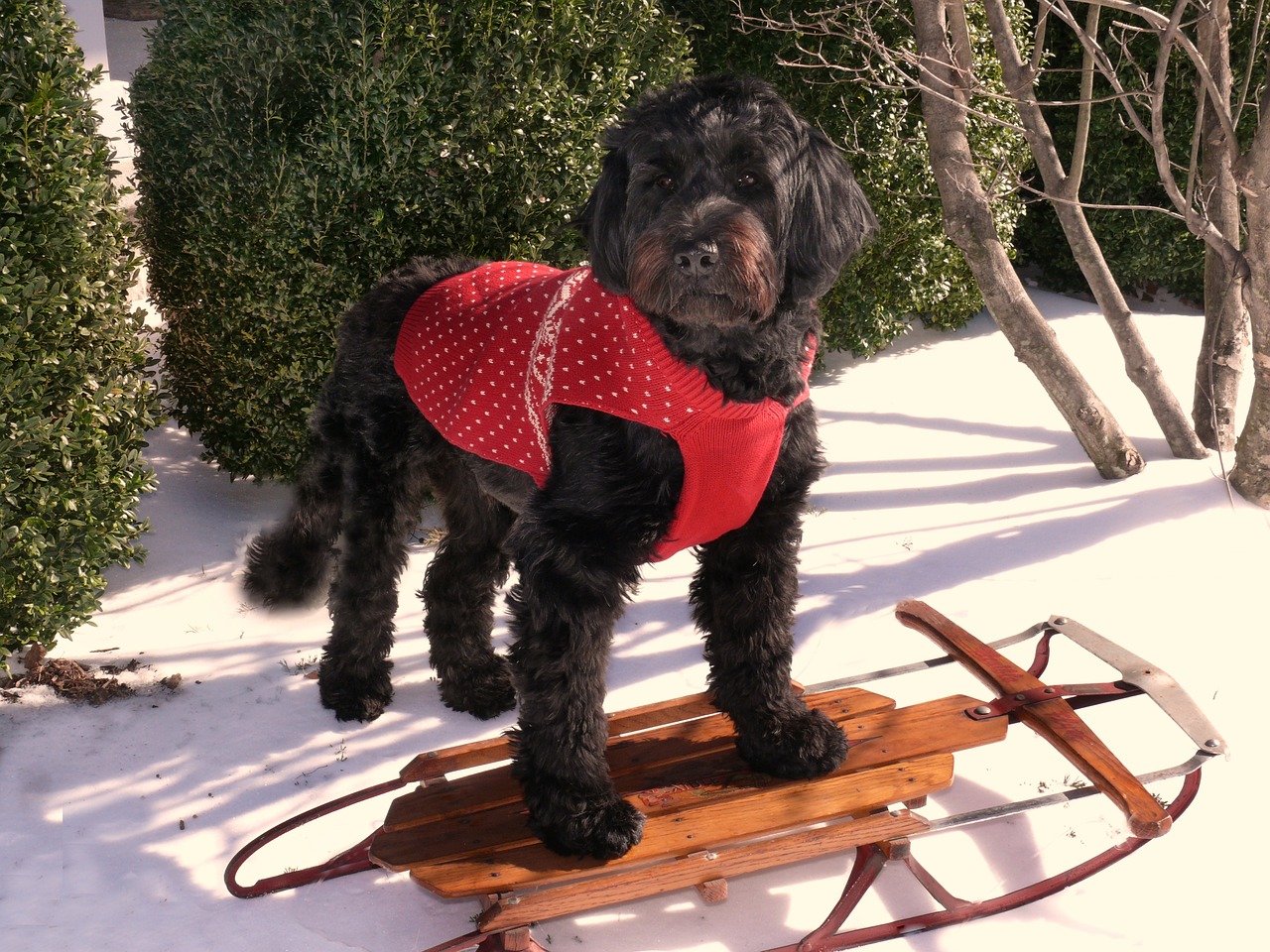
4. Newfoundland
Newfoundlands are gentle giants with a historic role as ship’s dogs, where they were tasked with water rescues. Their immense strength, thick double coat, and webbed feet make them natural water dogs. Newfoundlands excel in rescue operations and are known for their calm and patient demeanor in the water, qualities that make them suited to therapeutic water activities as well.

5. Chesapeake Bay Retriever
Developed in the United States to hunt waterfowl in the harsh winter waters of Chesapeake Bay, this breed is renowned for its love of water and exceptional retrieving abilities. The Chesapeake Bay Retriever’s oily coat repels water, making it easy for them to stay dry and warm even while swimming in cold environments. Their endurance and strength in the water are unmatched, making them standout athletes in field trials and hunting.
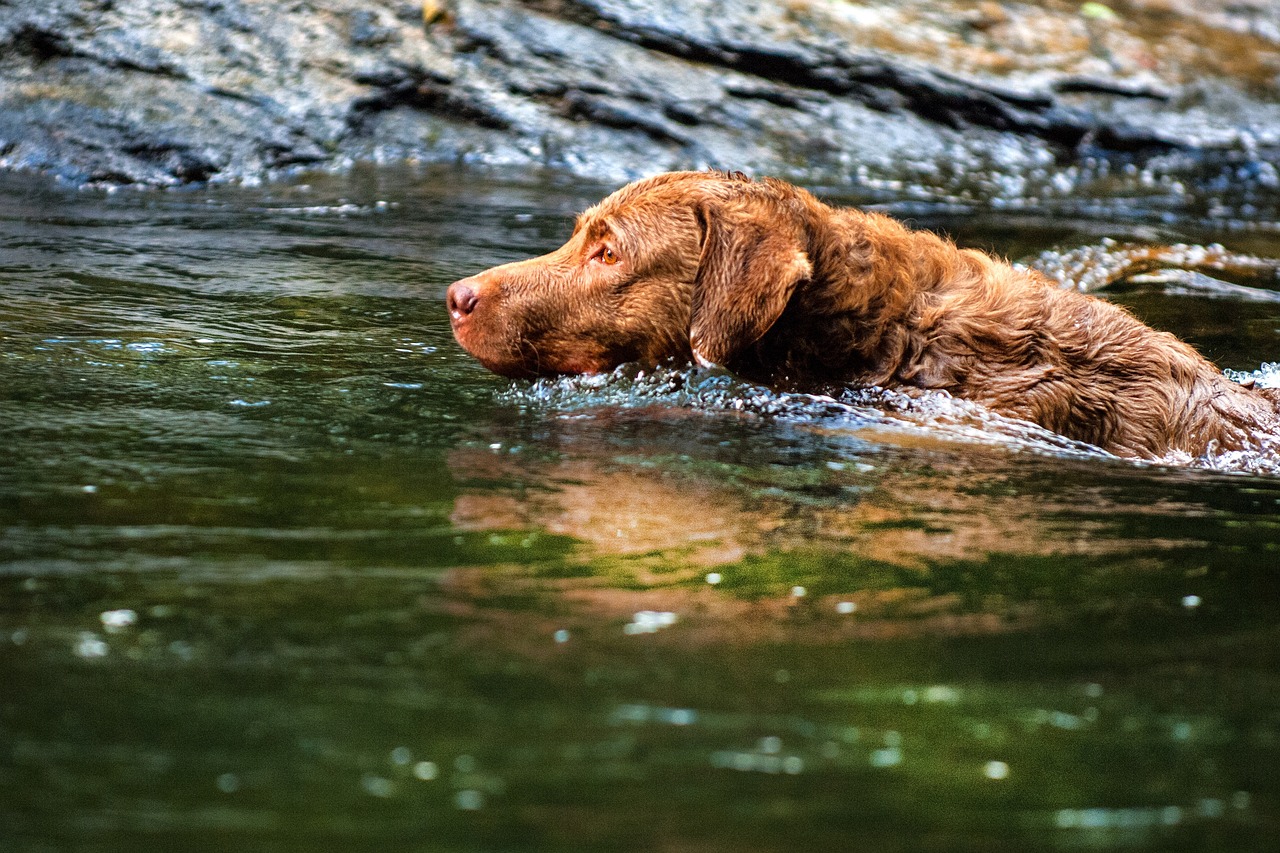
6. Irish Water Spaniel
The Irish Water Spaniel is one of the oldest and most distinctive water dogs, bred for retrieving game from water. Known for its curly, water-resistant coat and rat-like tail, this breed is a vigorous and skilled swimmer. They thrive in water and are often involved in competitive retrieving events, showcasing their prowess in navigating aquatic terrains.
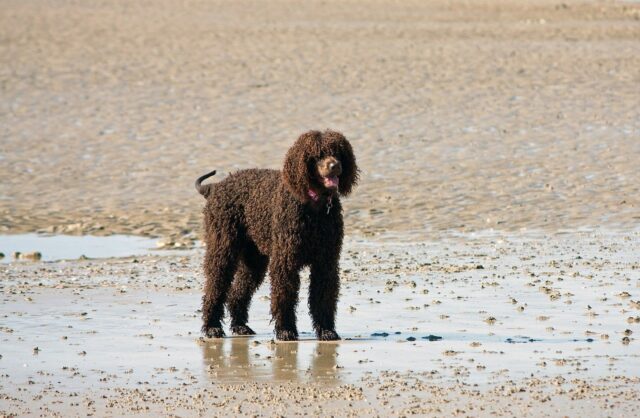
7. Poodle
Originally a water retriever, the Poodle still retains a strong affinity for water. Their curly, moisture-resistant coat was specifically designed to protect vital organs and joints from cold waters. Poodles are enthusiastic swimmers and excel in various water-based canine sports. Despite their more common association with dog shows and elaborate grooming, their agility and eagerness make them adept at water retrieval and swimming competitions.
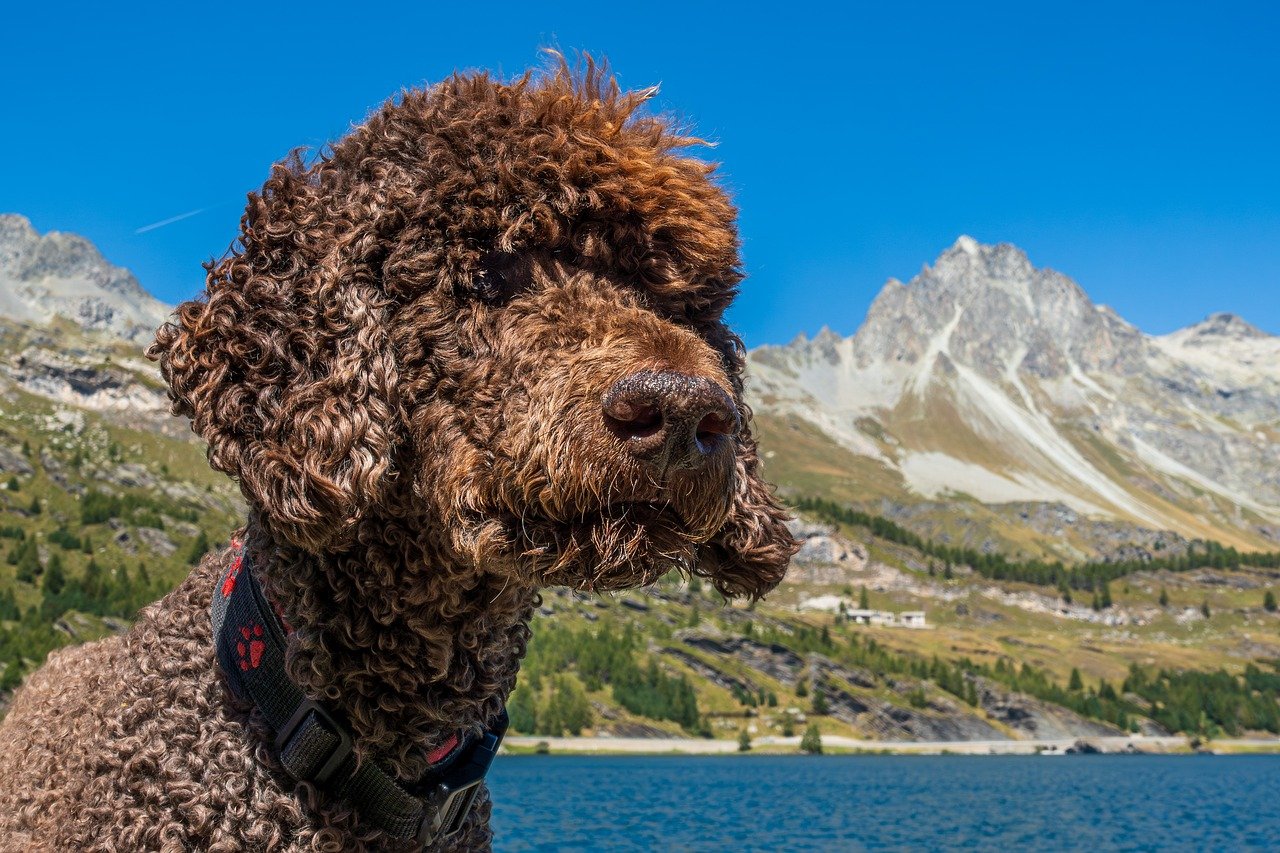
Water Averse
1. Shih Tzu
Shih Tzus are known for their distinct aversion to getting wet. Their long, flowing coats absorb water, making it uncomfortable and potentially hazardous as it weighs them down. Additionally, their brachycephalic (short-faced) structure makes it difficult for them to breathe, particularly when their faces get wet.
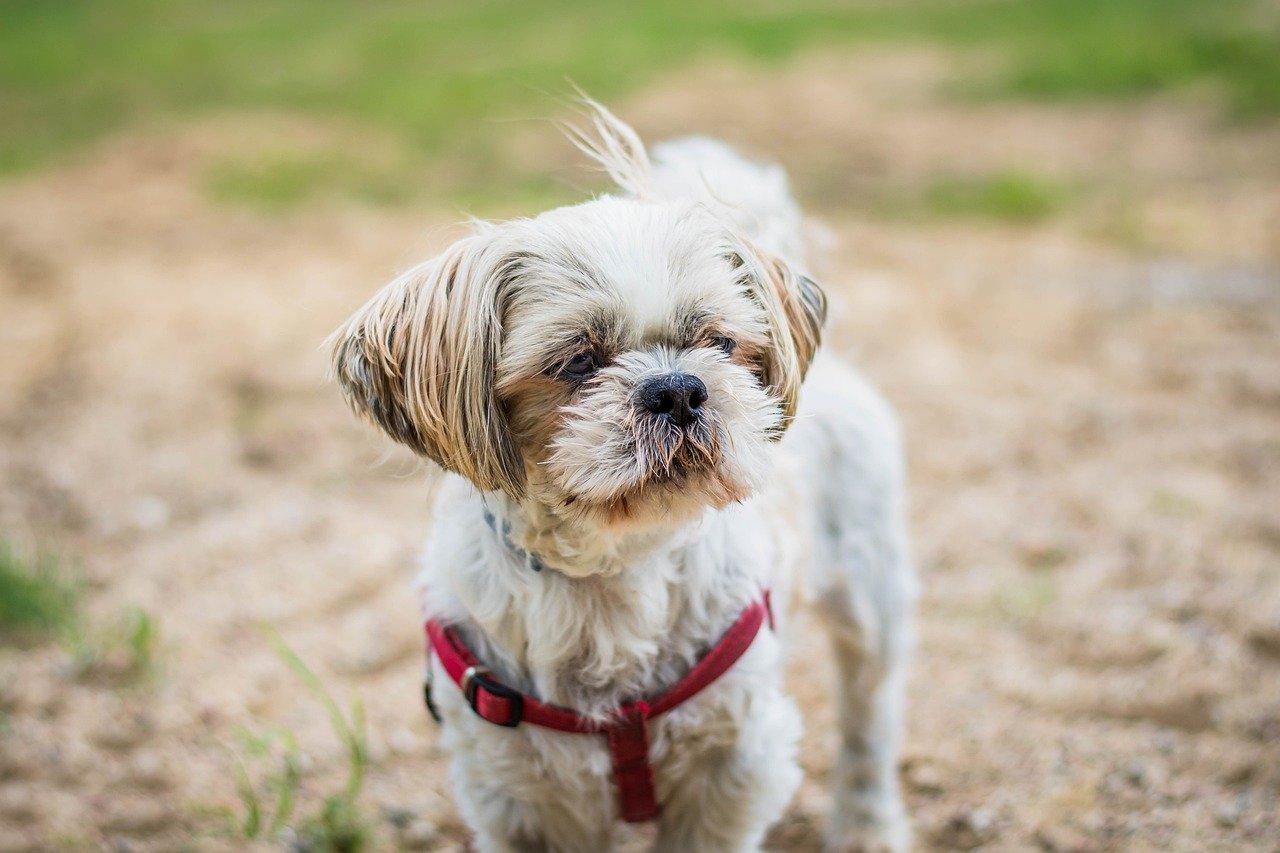
2. Papillon
Papillons, despite their spirited and energetic nature, generally dislike water. Their long, silky coat can quickly become waterlogged, and their small size does not lend itself well to swimming. Papillons are more content with activities on solid ground, where they can showcase their agility and speed without the risk of getting drenched.

3. Pug
Pugs are not fans of water, primarily due to their physical conformation. Their short noses make breathing difficult when engaged in strenuous activities like swimming, and their compact body is not built for buoyancy. Pugs generally prefer to stay dry and are happier participating in less physically demanding activities.
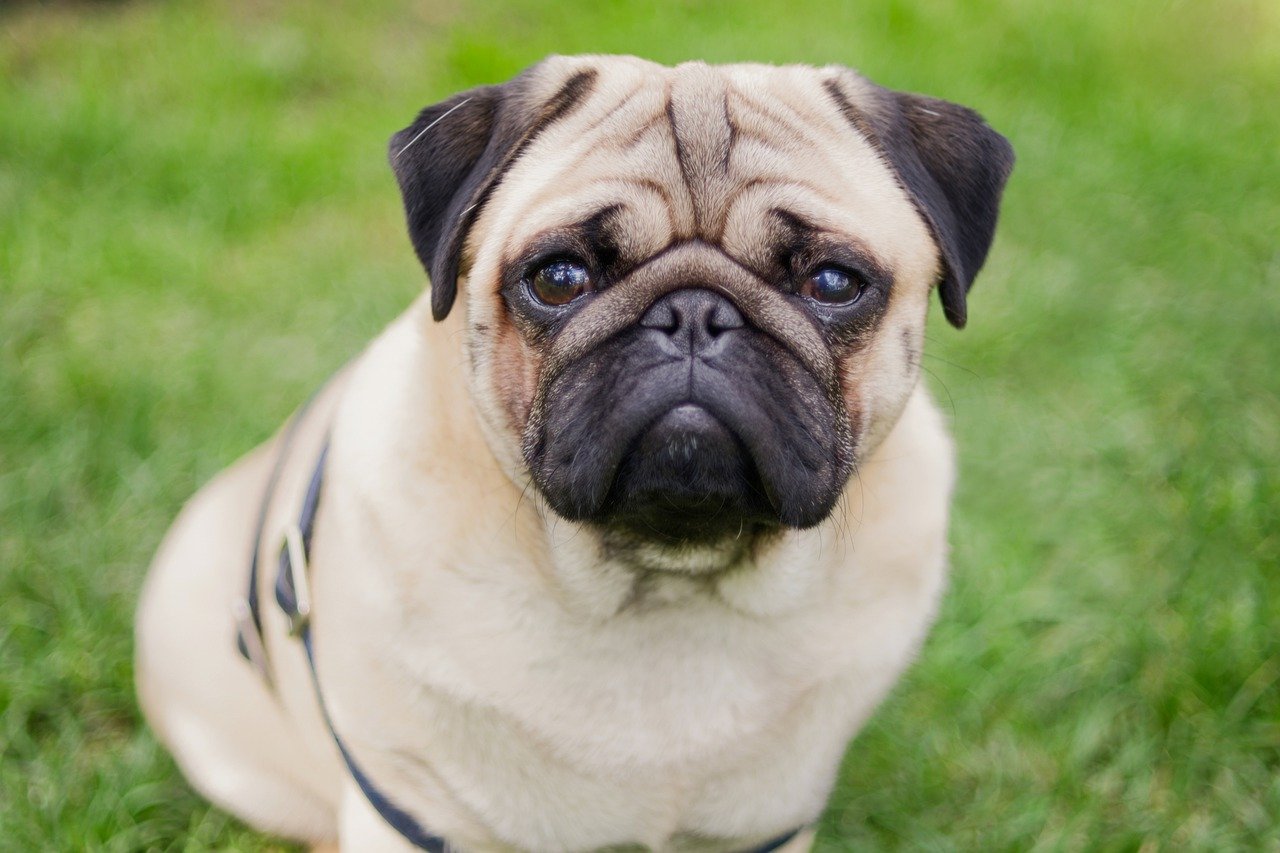
4. Bulldog
Bulldogs are notoriously poor swimmers due to their heavy front bodies and short legs. Their physical structure makes it difficult to stay afloat, and like Pugs, their brachycephalic faces complicate breathing when in water. Bulldogs should always be closely monitored near water bodies, as their aversion to swimming can lead to dangerous situations.
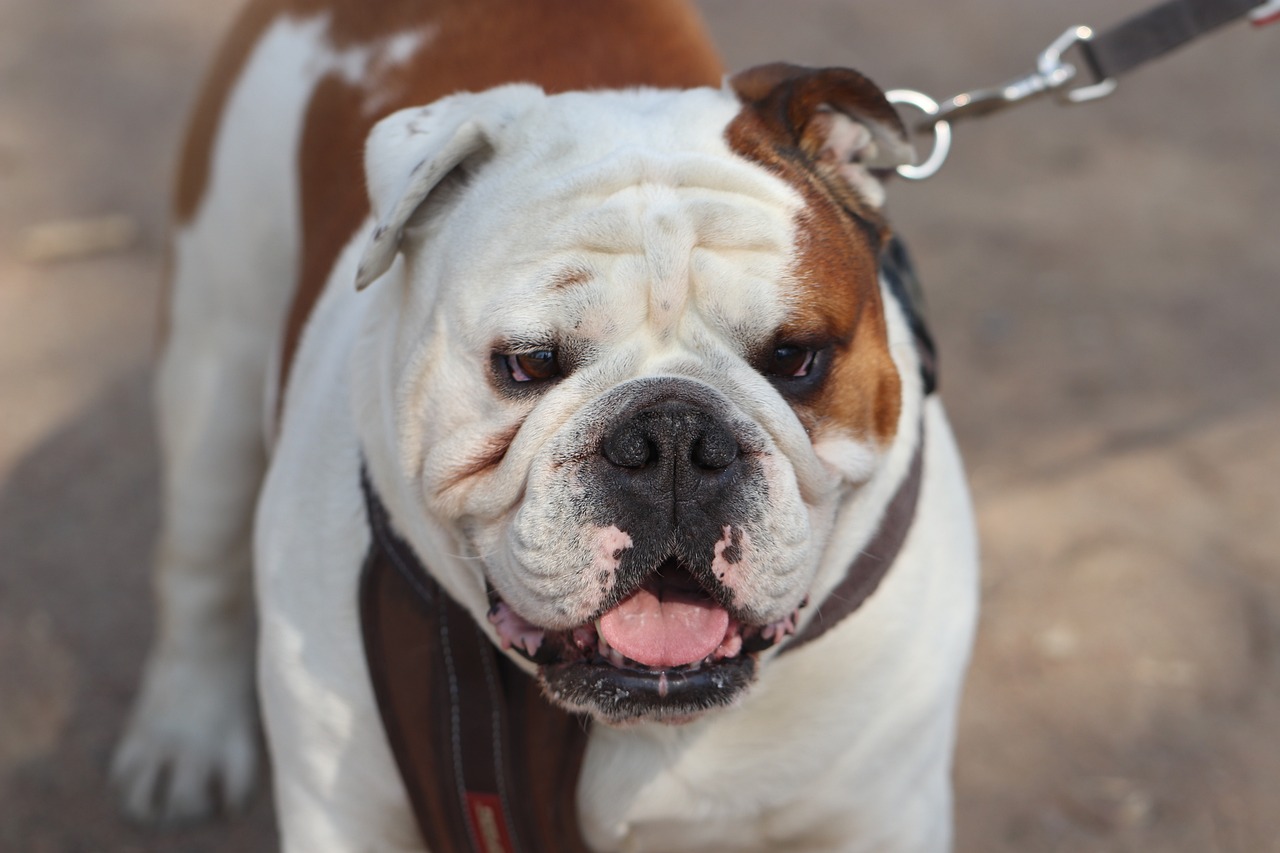
5. Basset Hound
Basset Hounds, with their long, heavy bodies and short legs, are also ill-suited for swimming. Their build makes it challenging to navigate water, and their dense bones make buoyancy a problem. Basset Hounds generally avoid water and, due to their keen sense of smell, would rather track scents on land than engage in aquatic activities.
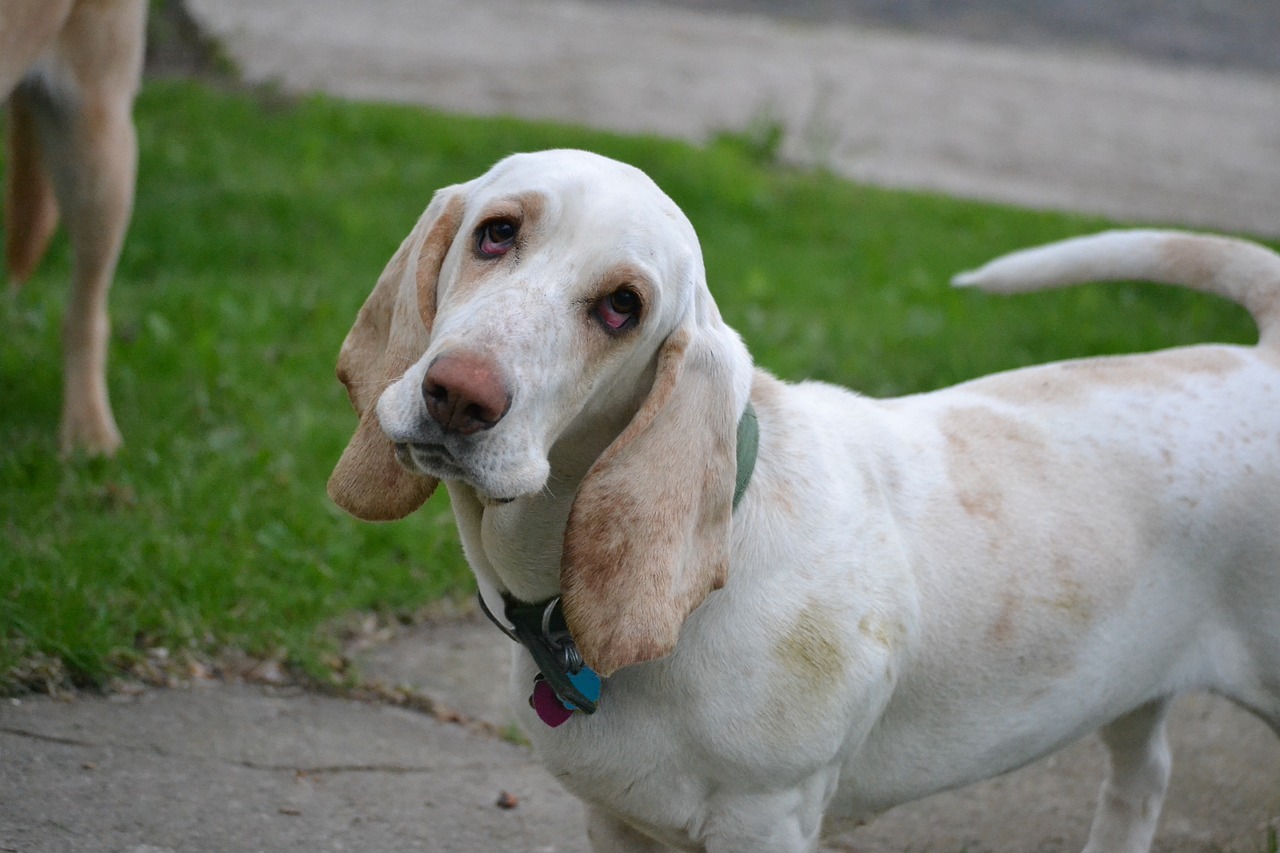
Choosing a dog that fits your lifestyle is crucial, especially if your activities involve water. For those who love water sports and activities, selecting a breed that shares this passion can lead to many joyful and bonding experiences. Conversely, recognizing which breeds to steer clear of water can prevent potential mishaps and ensure the safety and happiness of pets that prefer to keep their paws dry. Whether your dog loves or hates water, understanding their preferences and capabilities can help you provide a fulfilling and safe environment for your furry friend.
 Toledo, United States.
Toledo, United States.